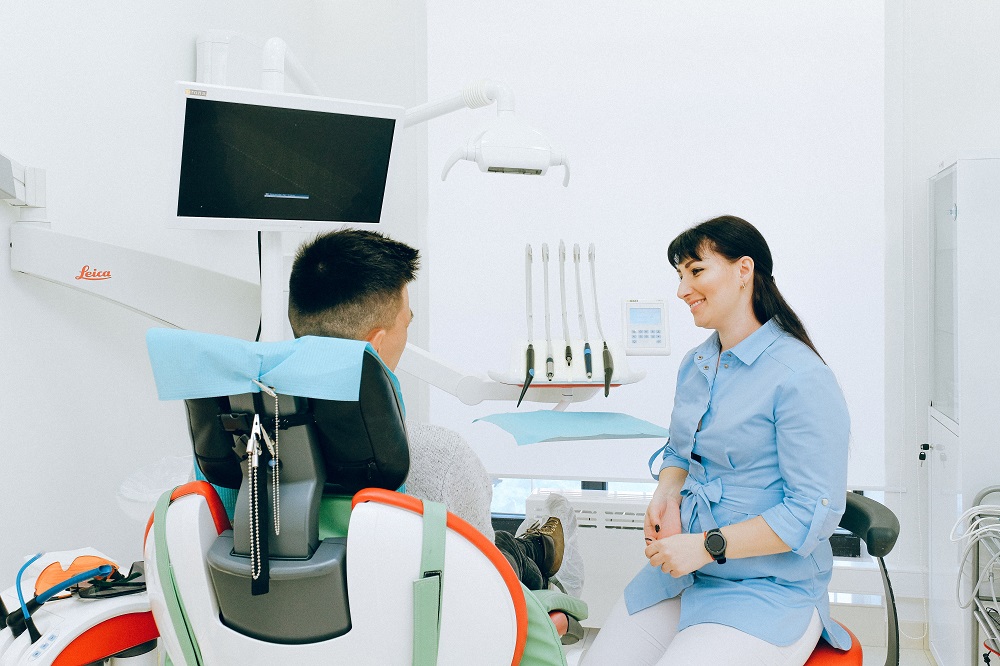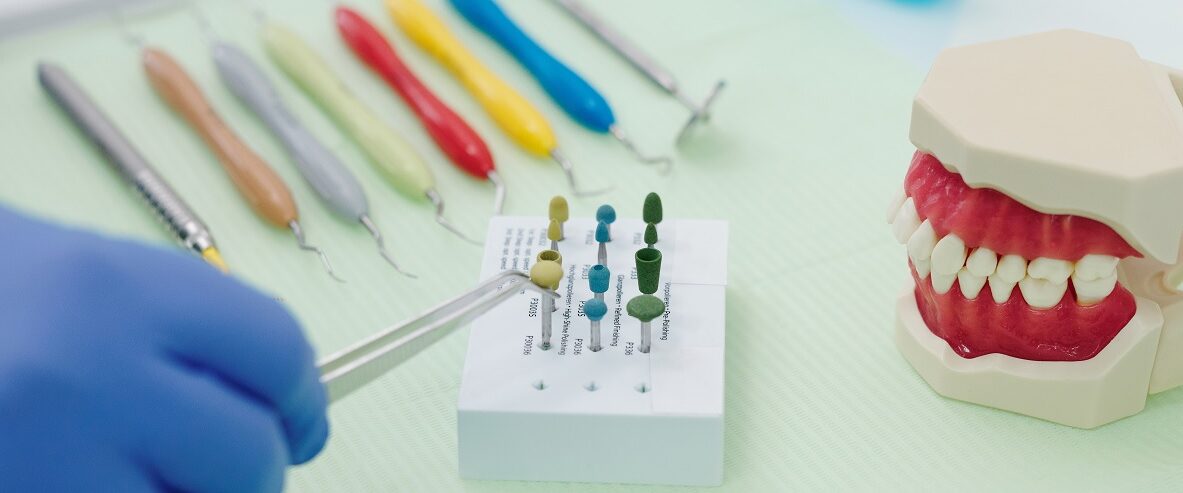
The jaw is an essential component of our facial structure and plays a significant role in our everyday lives. A misaligned jaw, also known as malocclusion, occurs when the upper and lower teeth do not align correctly, leading to difficulty in biting and chewing food, speech problems, and a host of other issues. Many people wonder if misaligned jaws are serious and whether they require treatment. In this article, we will explore the various aspects of misaligned jaws and try to answer the question, “Is a misaligned jaw serious?”
What Causes Misaligned Jaws?
There are several reasons why someone may have a misaligned jaw. One of the most common causes is genetics, as misaligned jaws tend to run in families. Other factors that can contribute to malocclusion include:
- Thumb sucking or pacifier use in childhood
- Poor oral hygiene
- Injury to the jaw or teeth
- Abnormal tooth growth
- Tumors in the jaw
- Types of Misaligned Jaws
Misaligned jaws can present in different ways, depending on the severity of the malocclusion. Here are some common types of misaligned jaws:
- Overbite: When the upper teeth protrude too far forward over the lower teeth
- Underbite: When the lower teeth protrude too far forward in front of the upper teeth
- Crossbite: When the upper teeth sit inside the lower teeth when biting down
- Open bite: When the upper and lower teeth do not meet when biting down
- Symptoms of Misaligned Jaws
While some people may have misaligned jaws without experiencing any noticeable symptoms, others may experience:
- Difficulty biting or chewing food
- Speech problems
- Pain or discomfort in the jaw or teeth
- Headaches or earaches
- Breathing problems
- Inability to fully close the mouth
- Grinding or clenching of the teeth
- Changes in facial appearance
- Is a Misaligned Jaw Serious?
Whether or not a misaligned jaw is considered serious depends on the individual and the severity of the malocclusion. Mild cases of misaligned jaws may not require treatment and may not cause any significant problems. However, more severe cases of misaligned jaws can lead to various issues, including:
- Difficulty eating and drinking: If the misalignment is significant, it can make it challenging to chew and swallow food properly, leading to digestive problems.
- Speech problems: A misaligned jaw can affect speech and make it challenging to pronounce certain words.
- Oral health problems: Misaligned jaws can lead to tooth decay and gum disease, as it can be difficult to clean teeth adequately.
- Breathing problems: In some cases, a misaligned jaw can obstruct the airway and lead to breathing difficulties, particularly during sleep.
- Chronic pain: A misaligned jaw can lead to pain and discomfort in the jaw joint and surrounding muscles, which can become chronic over time.
Treatment Options for Misaligned Jaws
If a misaligned jaw is causing significant problems, several treatment options are available. The most common treatment options include:
- Orthodontic treatment: Braces or clear aligners can be used to correct misaligned teeth and jaws gradually.
- Jaw surgery: In some cases, jaw surgery may be required to correct severe misalignments.
- Dental restorations: Crowns, bridges, and implants can be used to replace missing teeth, improving the alignment of the jaw.
- Orthognathic appliances: These devices can be used to reshape and reposition the jaw.
It’s important to note that treatment for misaligned jaws can be costly and time-consuming, requiring multiple appointments and ongoing maintenance. However, the benefits of correcting a misaligned jaw can be significant and long-lasting, improving not only the function of the jaw but also the appearance of the face.
Misaligned jaws can be a serious issue, particularly when the malocclusion is severe. While some people may have misaligned jaws without experiencing any noticeable symptoms, others may face difficulties in biting and chewing food, speech problems, pain and discomfort, and various other issues. If left untreated, misaligned jaws can lead to oral health problems, breathing difficulties, and chronic pain. However, various treatment options are available, including orthodontic treatment, jaw surgery, dental restorations, and orthognathic appliances. It’s essential to consult with a dentist or orthodontist if you suspect you have a misaligned jaw to determine the best course of treatment. The benefits of correcting a misaligned jaw can be significant, improving both the function and appearance of the face, and can provide a better quality of life.
